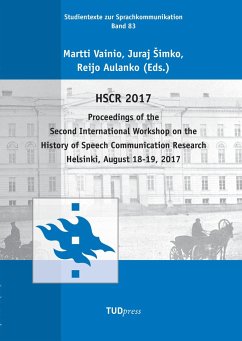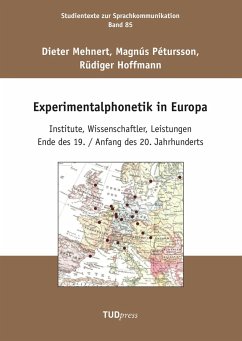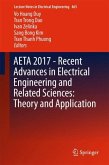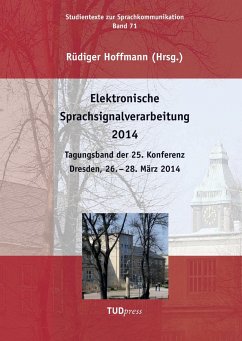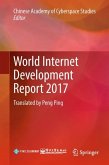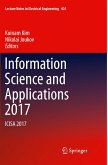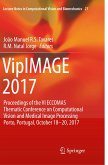Superficially, the history of speech communication research is experimental and impressionistic, but in its core the fi eld is theoretical, and the concepts that ithas introduced to the sciences in general are often very fundamental. Recently, the use of digital technologies has transformed the speech communication sciences tremendously. The change has precipitated new questions regarding the long history of speech research that are of general interest to the fi eld.- How did this transformation happen and did we only benefi t from it?- How did it change the conceptual structure of the fi eld?- When and by whom were these transformational processes initiated and enacted?This volume contains several important studies addressing these and other aspects of speech sciences evolution presented at the Second International Workshop on the History of Speech Communication Research (HSCR 2017) held at the University of Helsinki in August 2017. It includes studies of Kempelen'slegendary "articulatory synthesizer" and other physical and computational models of speech production, development of the source-fi lter model of speech production as well as other important methodological advances essential to the fi eld such as spectrography, notations and recording techniques.Overall, the proceedings contain 10 contributions including the keynoteby Dr Michael Ashby (UCL) on the digital history of phoneticscience. The papers were authored by 14 authors from 7 countries.
Hinweis: Dieser Artikel kann nur an eine deutsche Lieferadresse ausgeliefert werden.
Hinweis: Dieser Artikel kann nur an eine deutsche Lieferadresse ausgeliefert werden.

